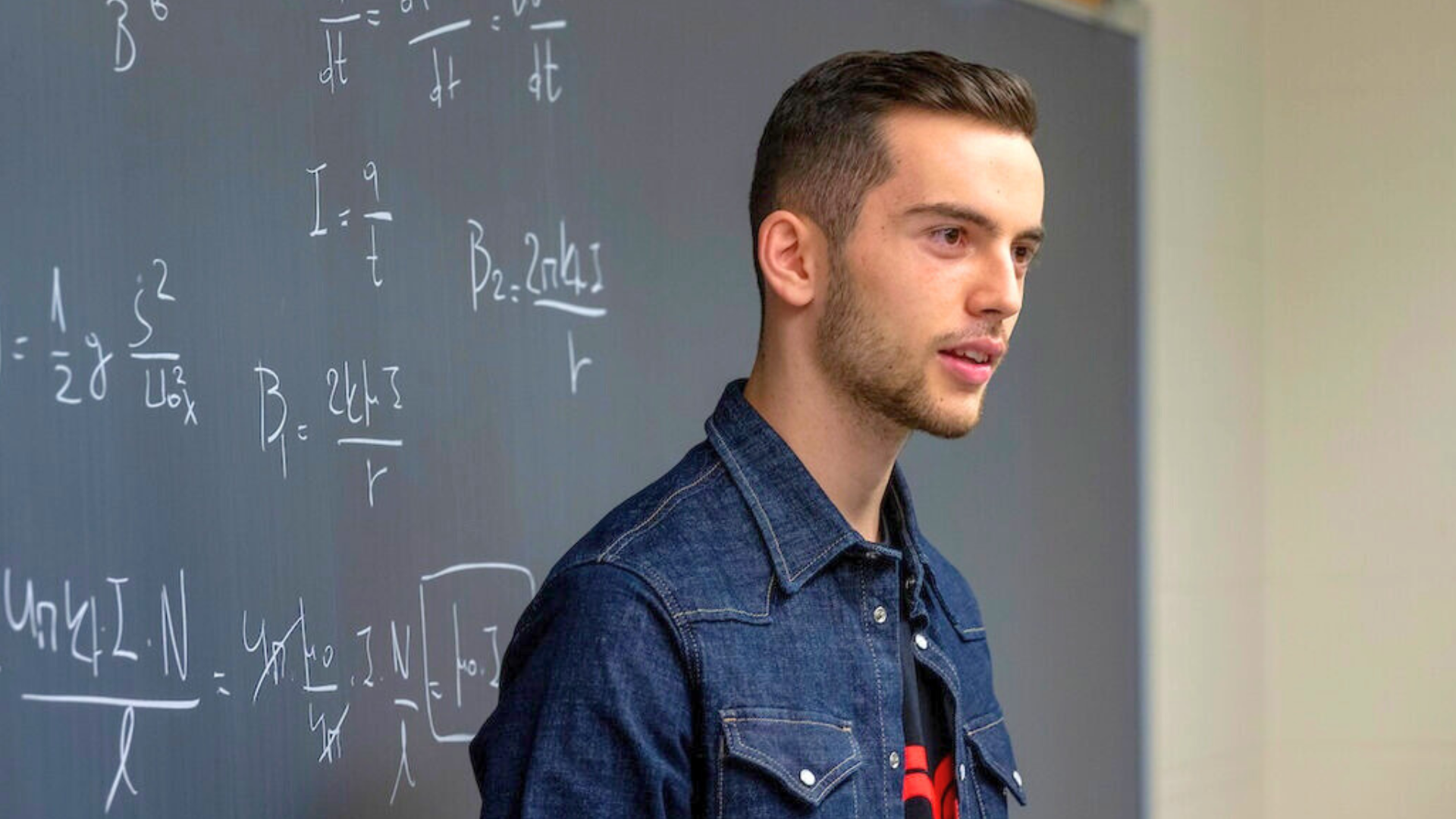Menelaos Raptis, a Greek physics student at Franklin & Marshall College, has detected oxygen in two galaxies from 12 billion years ago, a breakthrough scientists say offers rare insight into the chemical makeup of the early universe.
Working with a team analysing James Webb Space Telescope data under physics professor Ryan Trainor, Raptis published the findings in The Astrophysical Journal Letters in a paper titled “CECILIA: Ultra-Deep Rest-Optical Spectra of Faint Galaxies at Cosmic Noon.”
“This study pushes the boundaries of what we know about some of the faintest, smallest galaxies in the early universe – over 10 billion years ago,” he wrote on LinkedIn.
The detection marks the first time oxygen has been observed in such distant, low-mass galaxies, allowing researchers to trace the element “back to the universe’s earliest stages.”
“It is like watching the Universe take its first breath – like a newborn child,” Raptis told ERT News.
Raptis, who grew up in Thessaloniki, has been involved in space science from a young age, from earning the title of youngest European Space Ambassador in 2017 to taking part in robotics competitions and NASA’s Hackathon. At F&M, he also promotes STEM opportunities for young people.
His discovery opens new avenues for studying early cosmic conditions and the potential for life in the universe. Raptis hopes one day to become an astronaut, following the path of ESA astronaut Thomas Pesquet.
Source: tovima.com
